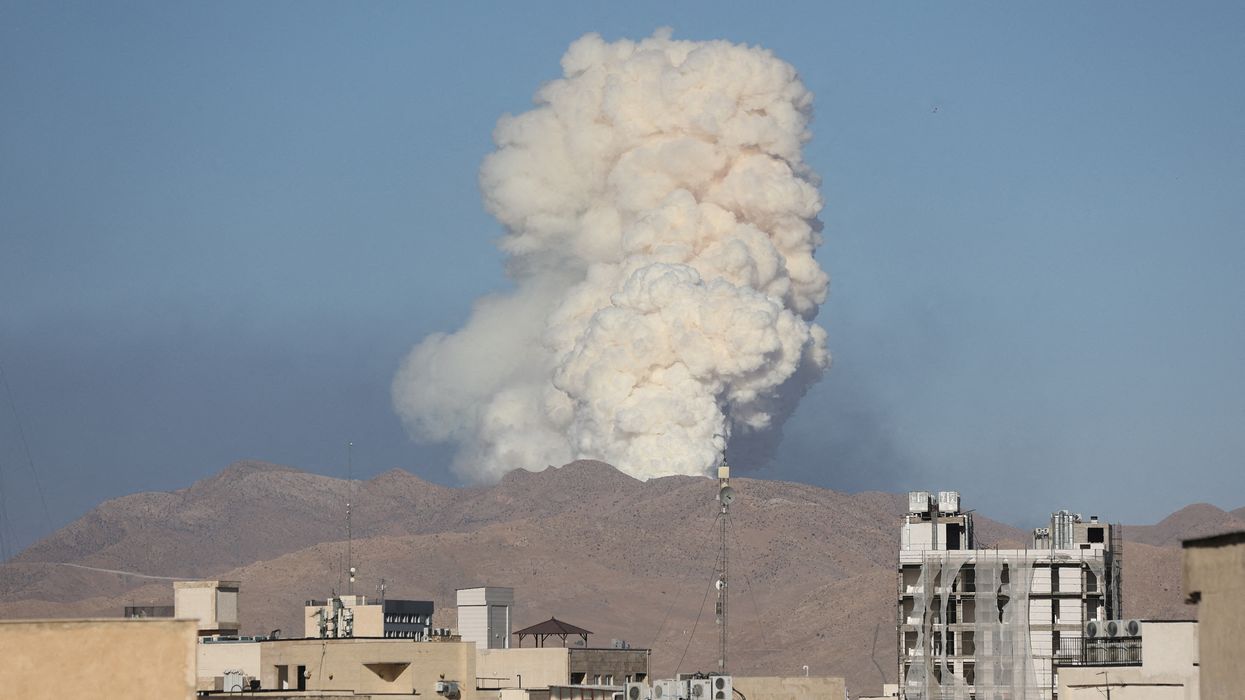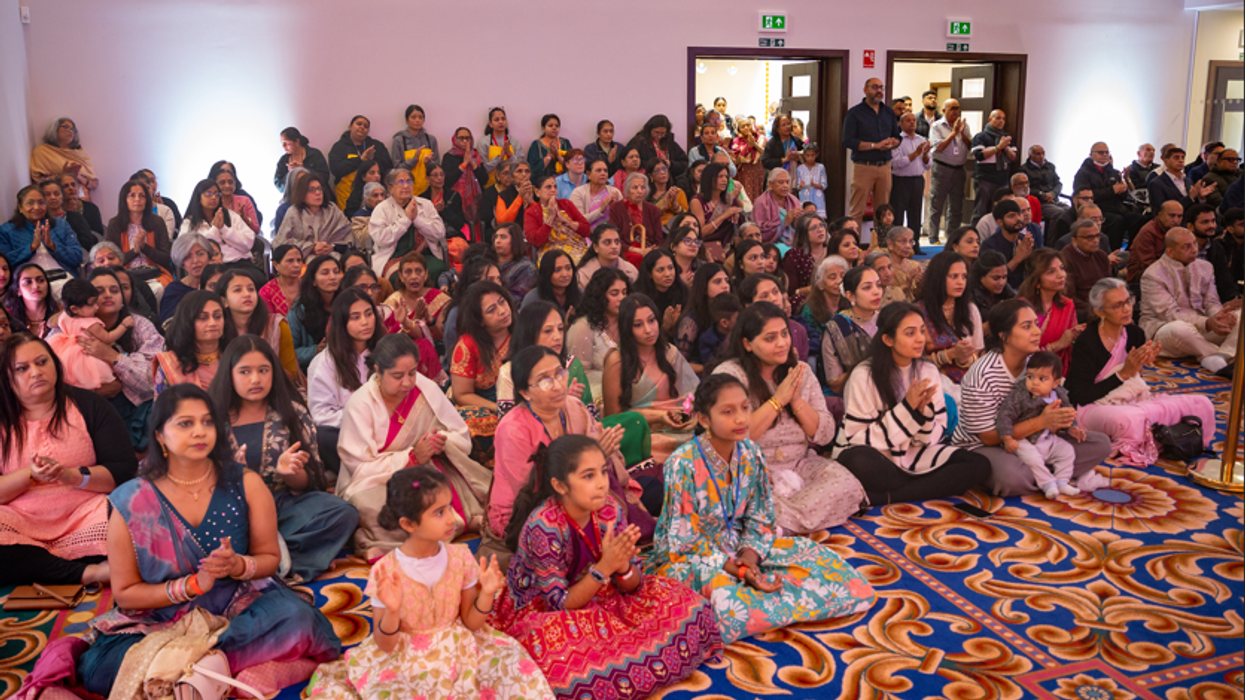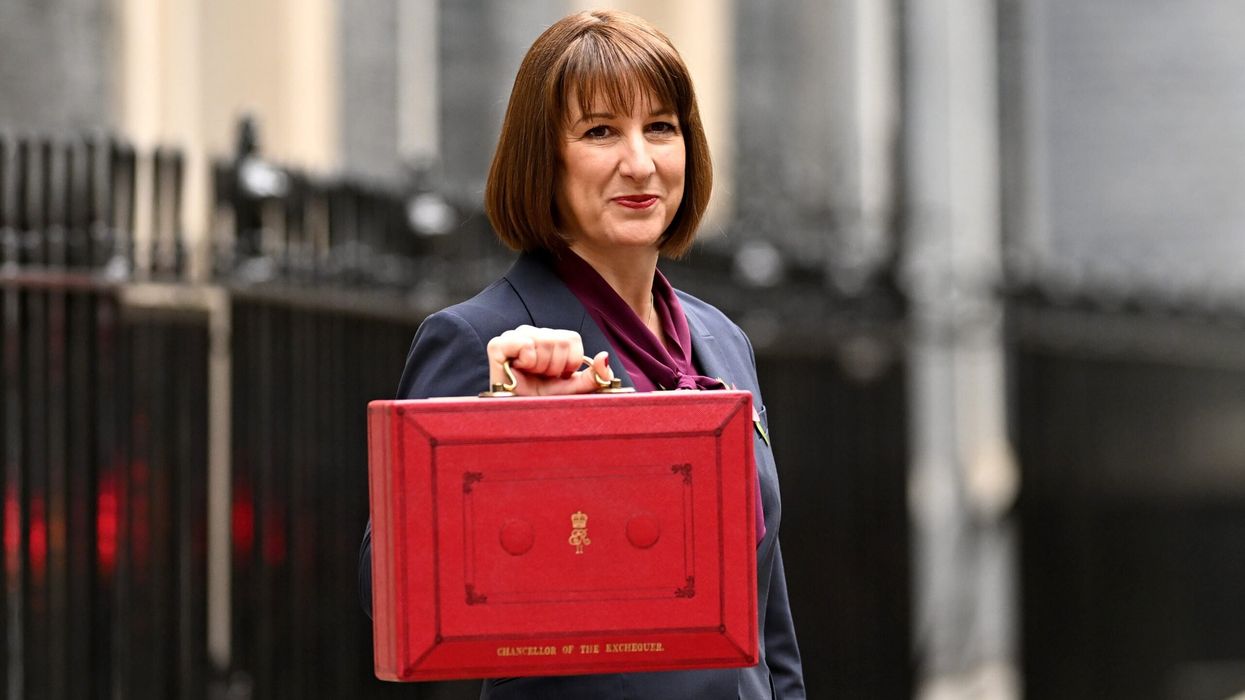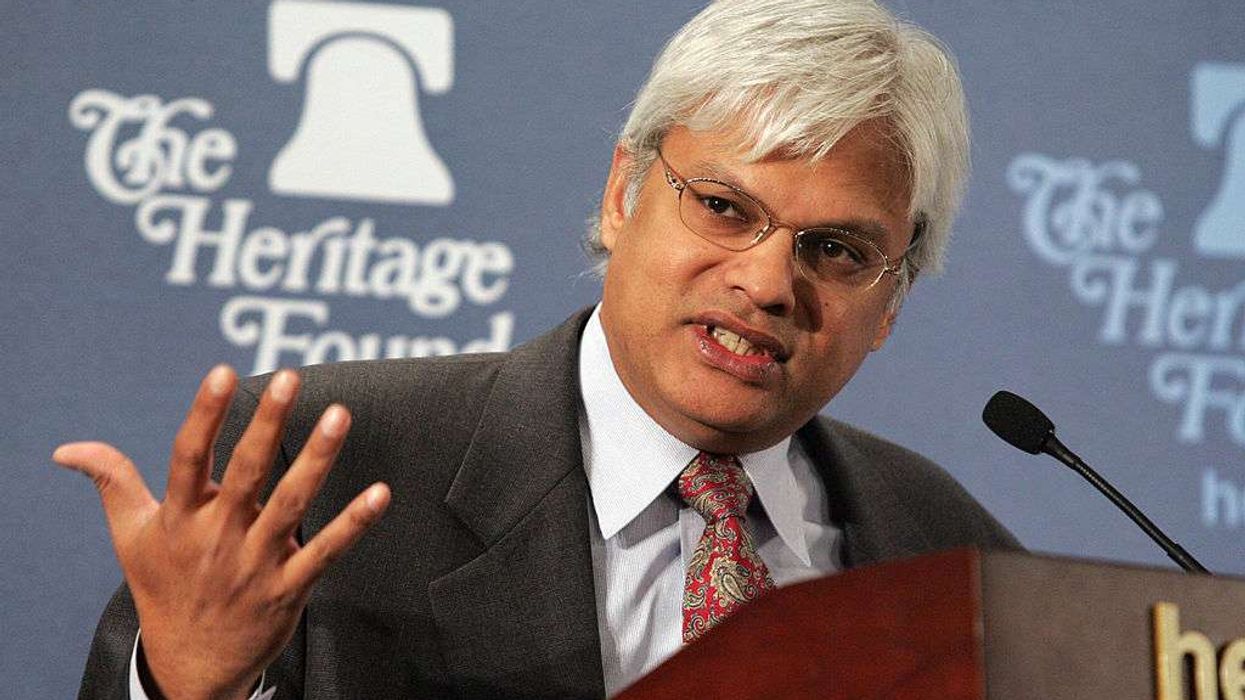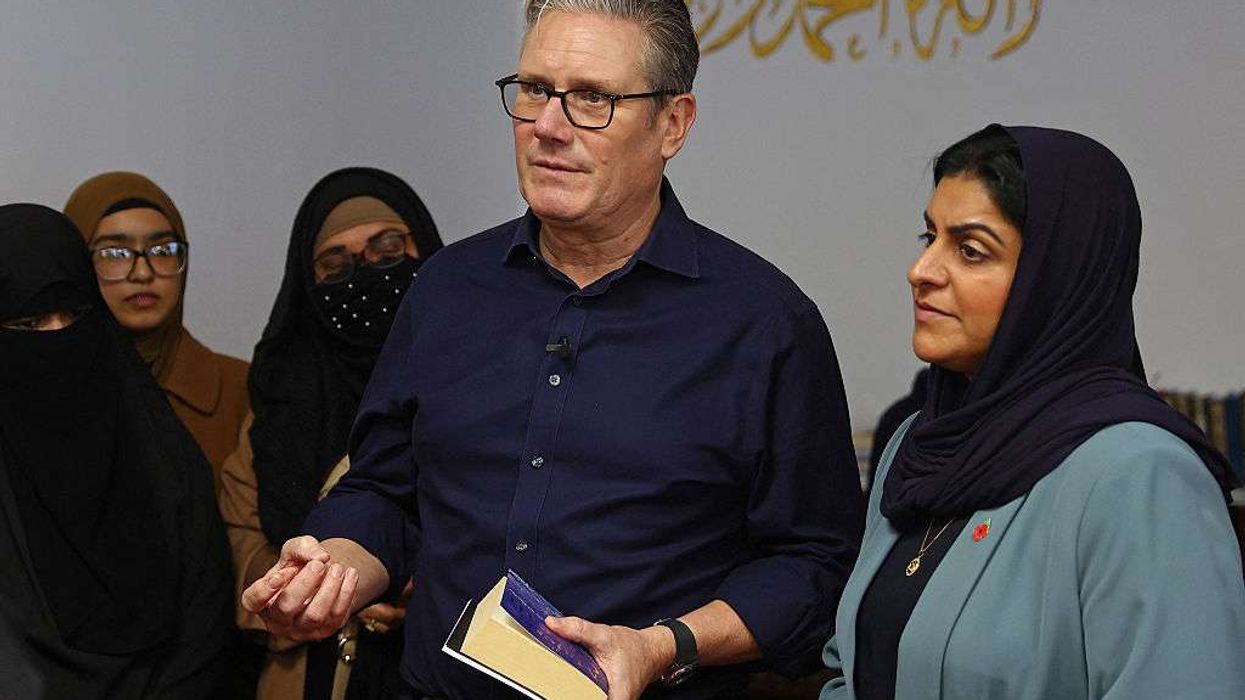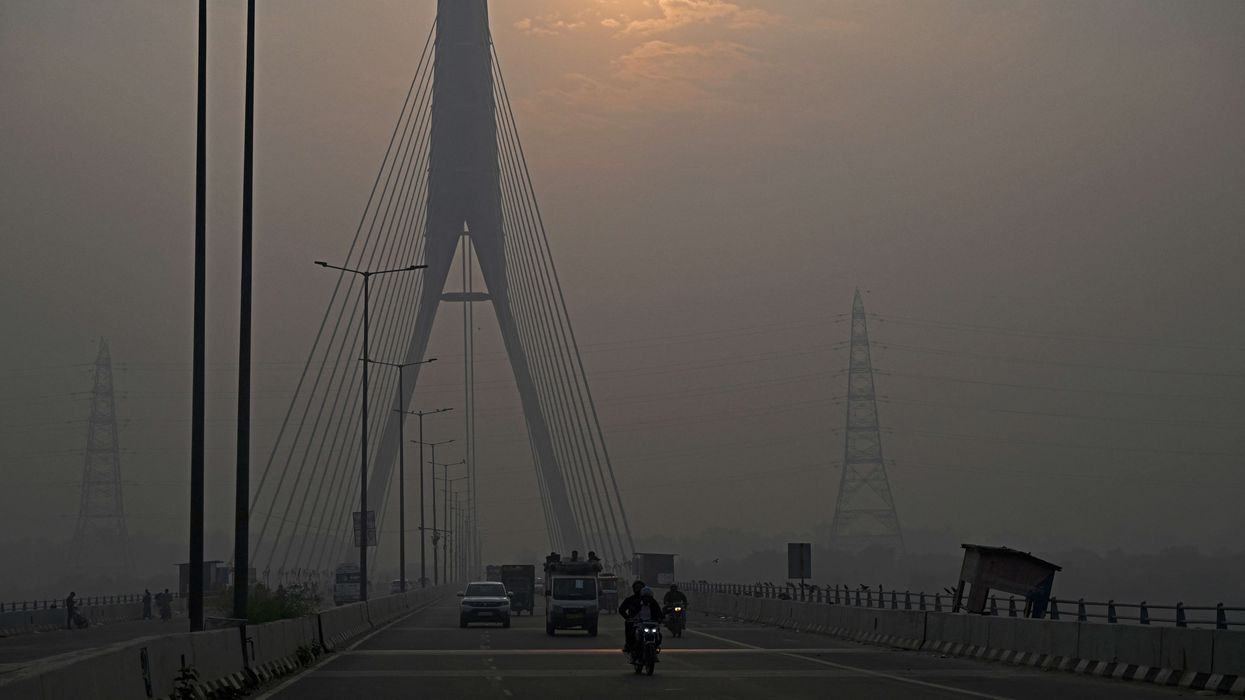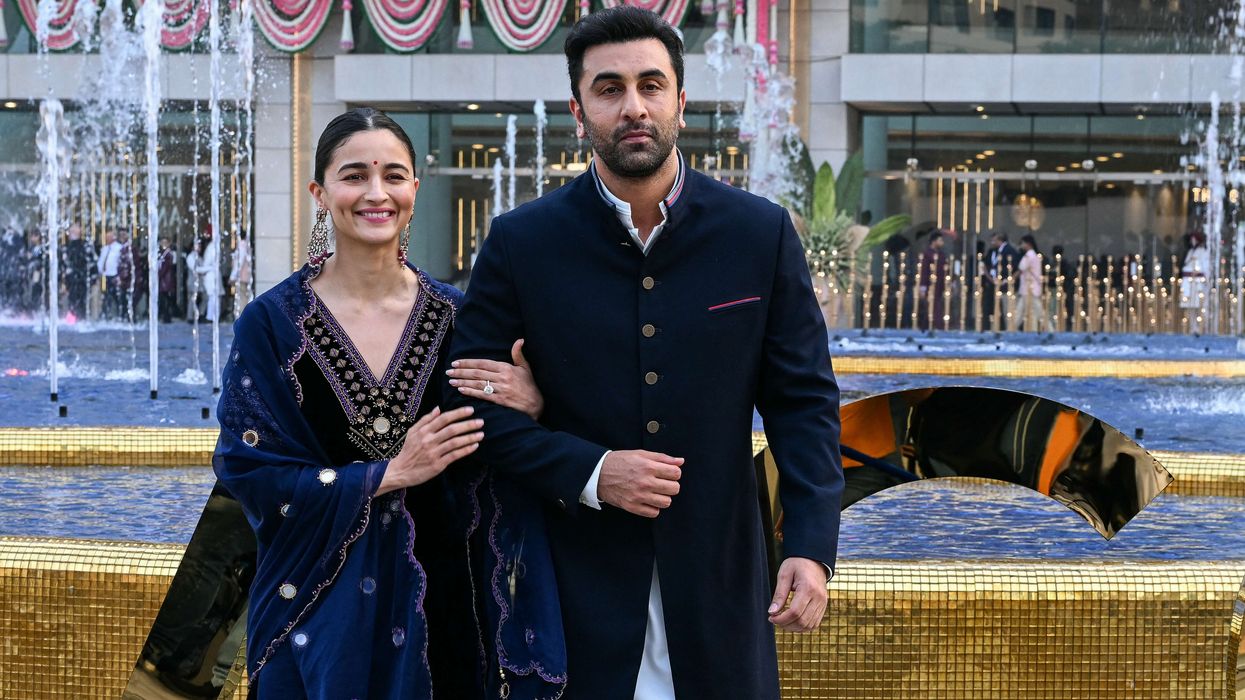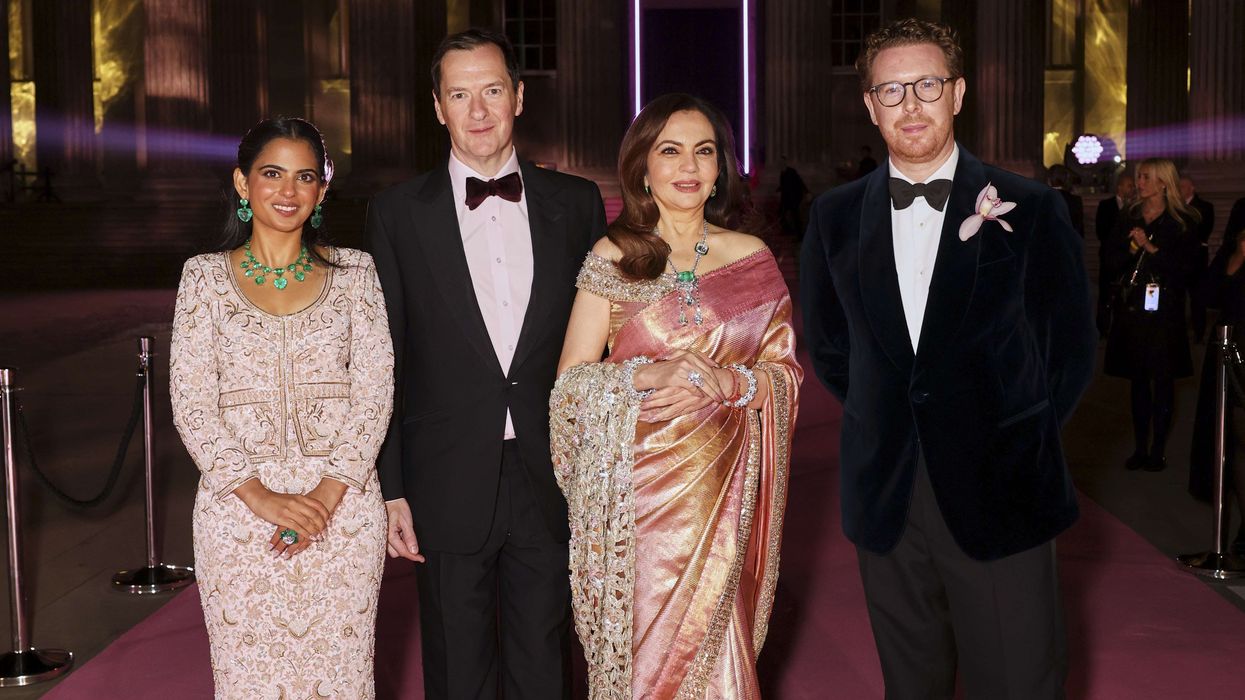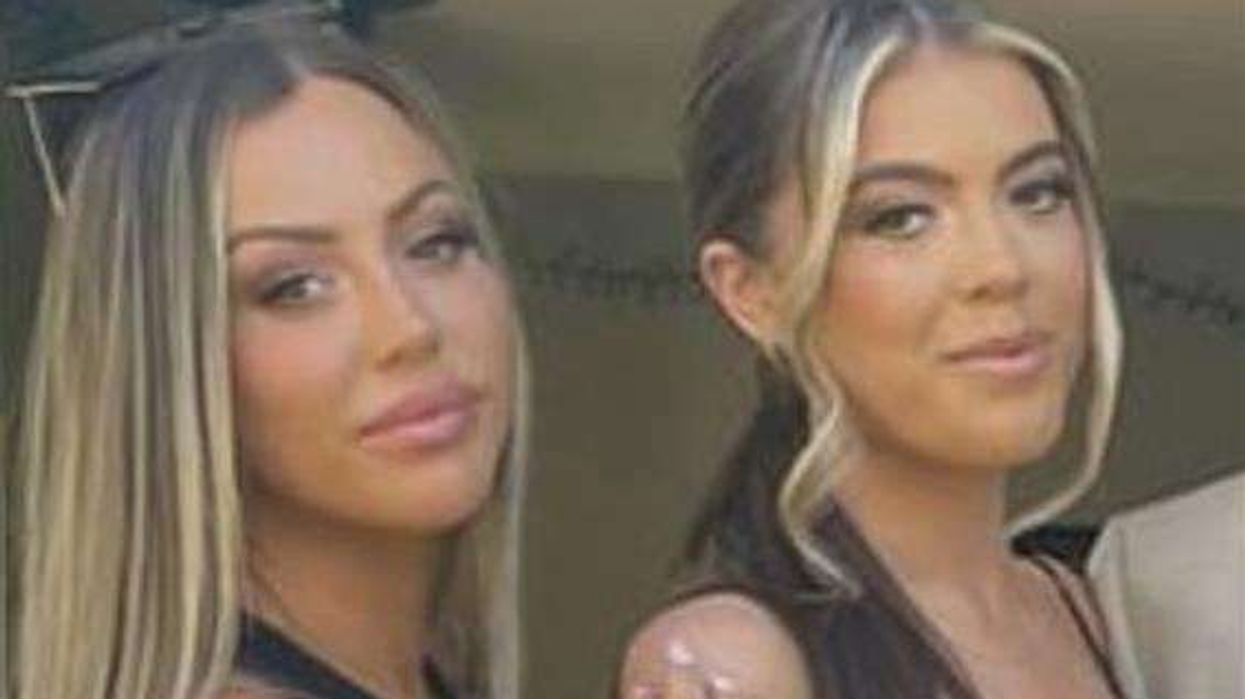ISRAEL launched airstrikes on key Iranian nuclear facilities on Thursday, while Iranian missiles damaged an Israeli hospital, escalating the ongoing conflict between the two countries.
Prime minister Benjamin Netanyahu said Israel would continue its campaign until Iran's nuclear programme is destroyed. “The tyrants of Tehran will pay the full price,” he said.
Defence minister Israel Katz said the military had been ordered to increase strikes on strategic targets in Tehran. He said the goal was to eliminate threats to Israel and undermine the “Ayatollah regime.”
Netanyahu has said Israel’s offensive could bring down the Iranian regime, and that the country would take all necessary steps to remove the “existential threat” posed by Tehran.
Over a week of Israeli strikes has targeted Iran’s military leadership, damaged its nuclear infrastructure, and killed hundreds. Iran's retaliatory missile attacks have killed at least two dozen civilians in Israel.
Israel’s military said it targeted the Khondab nuclear site in Arak overnight, including a heavy-water research reactor. Heavy-water reactors can be used to produce plutonium for nuclear weapons.
Iranian media reported that two projectiles landed near the facility. No radiation threat was reported.
The Israeli military also said it struck a site in the Natanz area, which it described as housing equipment for developing nuclear weapons.
Iran denies seeking nuclear weapons and says its programme is peaceful. The Atomic Energy Organisation of Iran said Israel had violated international law by attacking its nuclear sites and added there were no casualties because the areas were evacuated.
Missiles damage hospital in Israel
On Thursday, several Iranian missiles struck populated areas in Israel, including a hospital in the south, according to an Israeli military official.
Iran’s Revolutionary Guard said it was aiming at Israeli military and intelligence sites near Soroka medical centre in Beersheba. The hospital confirmed damage.
This marks the first time in years of conflict that Iranian missile attacks have killed civilians inside Israel. Explosions were heard over Tel Aviv as missiles were intercepted. Some made direct hits, according to Israeli media.
Emergency services said five people were seriously injured and dozens hurt across three locations. People were trapped in a building in a southern Tel Aviv neighbourhood.
A number of embassies in central Tel Aviv were located close to the impact zone. Buildings were also damaged in nearby Ramat Gan, a commercial area.
Emergency workers were helping residents, including children, after windows were shattered and buildings damaged by the blast.
“It’s very scary,” said Yaniv, 34, who lives nearby. He said his apartment tower shook from the explosion.
Regional conflict widens
The conflict between Israel and Iran has raised concerns about the involvement of other world powers and wider instability in the Middle East.
Oil prices rose after news of the Israeli strikes, amid concerns over potential disruptions to crude supply.
Since the 7 October 2023 Hamas attack, Israel has been fighting on multiple fronts. It has targeted Hamas in Gaza, Hezbollah in Lebanon, and Yemen’s Houthi group with airstrikes and assassinations.
Speaking to reporters outside the White House on Wednesday, president Donald Trump declined to confirm whether the US would join Israel’s campaign.
“I may do it. I may not do it. I mean, nobody knows what I’m going to do,” he said.
Trump also said Iranian officials wanted to come to Washington for talks. “We may do that,” he said, adding “it’s a little late.”
Trump has said the conflict could end if Iran agrees to strict limits on its nuclear programme. Iran has said it will not negotiate while under attack. Talks scheduled between Washington and Tehran were cancelled last Sunday.
Germany, France and Britain are now planning to meet with Iran’s foreign minister Abbas Araqchi on Friday in Geneva, according to a German diplomatic source.
Trump has made varying statements, from suggesting diplomacy to floating the idea of targeting Iran’s supreme leader and calling for Iran’s surrender.
A source familiar with internal discussions said Trump’s team is reviewing possible US strikes on Iran’s nuclear sites.
However, the idea of US military involvement has caused divisions among Trump’s supporters, with some urging him to avoid another Middle East conflict.
(With inputs from agencies)
